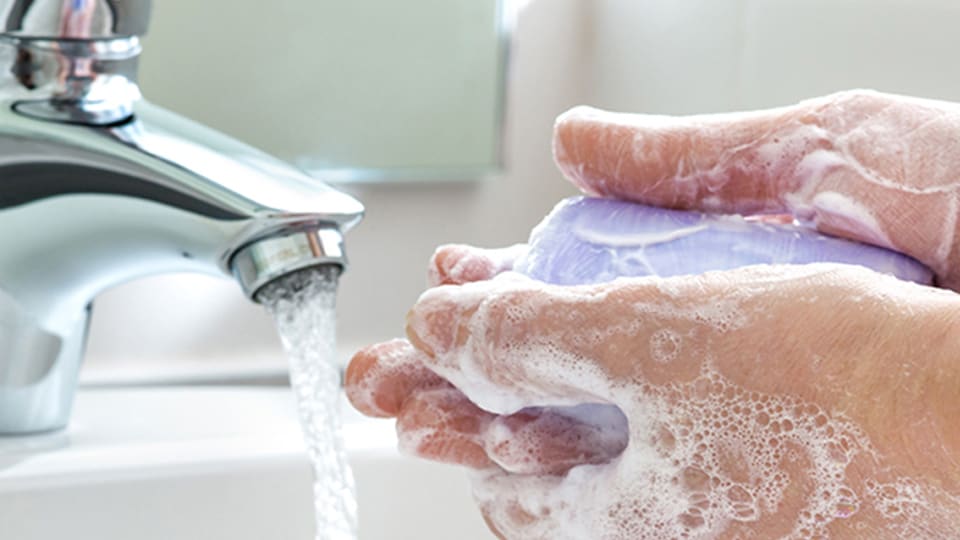At a glance
In addition to being prepared with emergency supplies, you must know how to protect your family from post-disaster threats and hazards, including power outages, and their effects on personal health, public health, and healthcare.

The Basics
- Check the batteries in your carbon monoxide (CO) detectors at least once a month to prevent CO poisoning. CO is an odorless, colorless, and tasteless gas that can cause sudden illness and death if inhaled.
- Pre-identify emergency departments, urgent care centers, dialysis centers, hemophilia treatment centers, veterinarians, etc. near your home and along your designated evacuation route.
- Learn and teach others practical skills, including safe generator use, to prepare for post-disaster health hazards, such as carbon monoxide.
- Pet owners: Plan where you and your pets will stay in case you need to evacuate your home. Pets may not be allowed in local shelters, unless they are service animals.
Content Source:
Office of Readiness and Response
